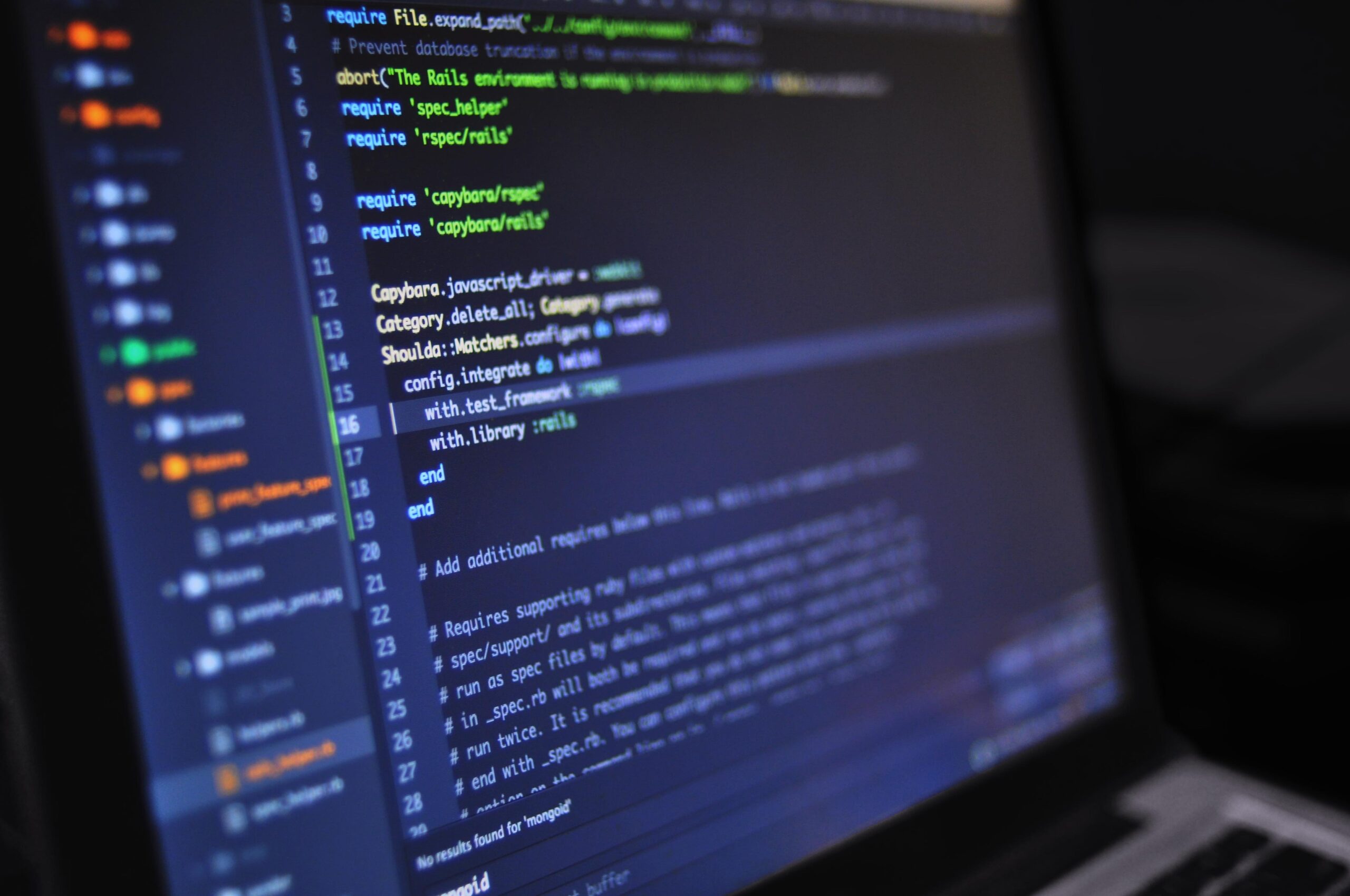Coding is an invaluable skill in our increasingly digital and technology-driven world, but it should not be a requirement or even an expectation for those in the humanities.
When I first considered the argument of whether or not humanities students should learn to code, my initial thought was, of course! As a Computer Science major, I have not just learned how to better navigate the digital world we live in, but I have learned entirely new ways of thinking that I am able to use in my humanities work.
Before taking a CS class, I struggled with writing conclusions to my English papers. But, after spending hours upon hours writing programs, I learned how to be intensely specific and detail-oriented while simultaneously being able to quickly zoom out to the larger picture to figure out my next steps. So, on my next paper’s conclusion I treated it like a problem to solve in code: I have written all my specifics, so now how do I zoom out to conclude my overall point?
Absent, on the other hand, was any sense of why anyone would want to learn programming; why programming was a unique and startling way of looking at the world; why it was, in fact, a kind of world-making, requiring one to specify the behaviors of an object or a system from the ground up
Matthew Kirschenbaum, “Hello Worlds (why humanities students should learn to program)“
Computer Science provides invaluable technical skills, along with entirely new ways of thinking about the world systematically that I would never have considered before. As a visual thinker, Kirschenbaum’s notion of programming as a form of “world-making” directly applies to the ways in which I can now visualize my humanities work, not just as words on a page, but as components of the world I am trying to articulate.
#The structure of a paper visualized as code:
def introParagraph():
print("This is my intro paragraph")
def body():
for i in range(3):
print("This is body paragraph number" + i)
def conclusion():
print("This is my conclusion")
So, yes. Learning to code is a fantastically useful skill for those in the humanities. To say that those in the humanities should learn to code, however, is to ignore a much larger issue: the history of the exclusivity in the historically white, cisgender male field of technology and Computer Science. Technology and education about technology are both resources which have been made more available for white cisgender men. As Moya Bailey describes in “All the Digital Humanists Are White, All the Nerds Are Men, but Some of Us Are Brave“, while new STEM organizations such as Black Girls Code and #transformDH are seeking to transform the worlds of technology and DH into inclusive and diverse fields:
There is still a need to challenge the “add and stir” model of diversity, a practice of sprinkling in more women, people of color, disabled folks and assuming that is enough to change current paradigms. This identity based mixing does little to address the structural parameters that are set up when a homogeneous group has been at the center and don’t automatically engender understanding across forms of difference.
Moya Bailey, “All the Digital Humanists Are White, All the Nerds Are Men, but Some of Us Are Brave“
To make coding a requirement, or even an expectation, of those in the humanities would be to bring further barriers and systemic, structural inequities from the fields of technology and Computer Science into the humanities.
So, learn to code if you are able and feel it would help you look at the world in new ways. But, more importantly, do not look at those who have had the opportunity to learn to code as being more skilled than those who have not.

Henrie, great points! I also relate to your post. At first, I also thought that humanities students should learn to code, but after careful reflection, it is not that simple.
Great post! Your experience with learning how to code and writing papers were interesting to read as I think it reflects the part in the article, “Hello Worlds (why humanities students should learn to program)“ by Matthew Kirschenbaum, when he questions whether computer science can be counted towards a language course.
Henrie, I loved reading about how your mind has applied a “programmer’s mentality” so to speak to other aspects of your schoolwork, such as essay writing! I definitely feel as though programming has also influenced the way that I approach my schoolwork in other fields. One of my favorite things about computer science is the fact that it’s taught me how to look at a problem and break it down into smaller, less-intimidating steps that I can tackle one at a time.
I also really appreciated your points regarding the underlying racism, misogyny, and general elitism that still pervades the field of computer science and technology to this day, it is so important to acknowledge and find ways to actively oppose these structural inequalities that underpin the field.
Henrie, I love your connection between programs and writing conclusions. You fixed your problem in a very creative way, which I appreciate. In addition, I like how you tied diversity into the topic. Like Luisa, I said that humanists should learn how to code but now see that there is more nuance to the subject. The ability to code can further exacerbate inequality in the field, creating barriers to opportunities.